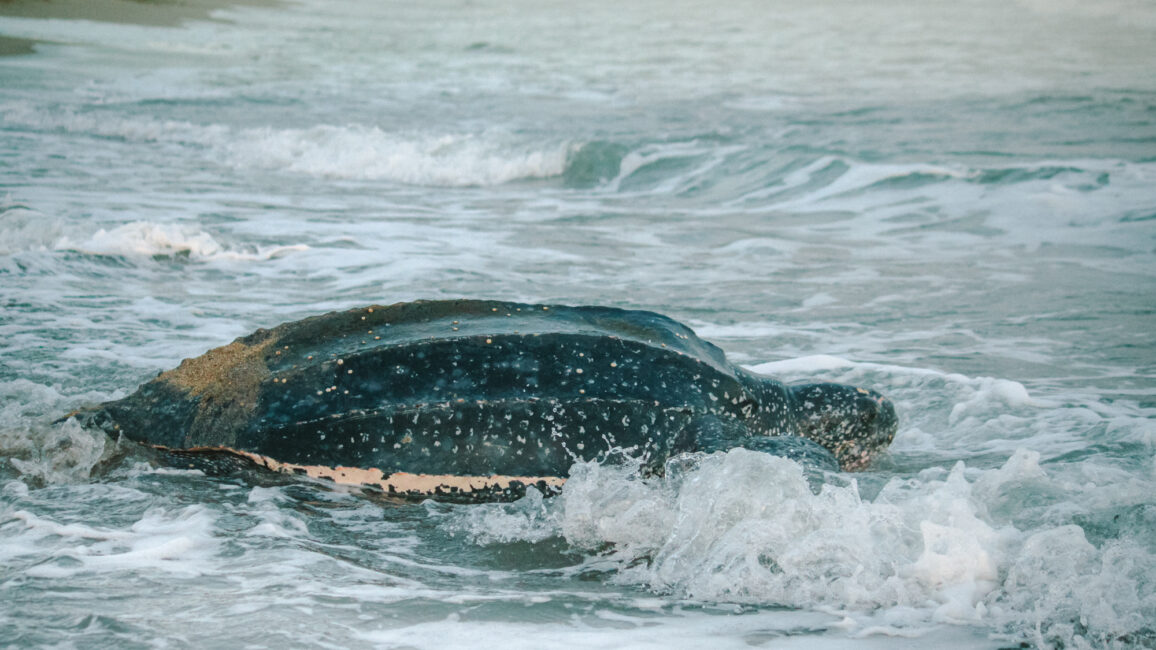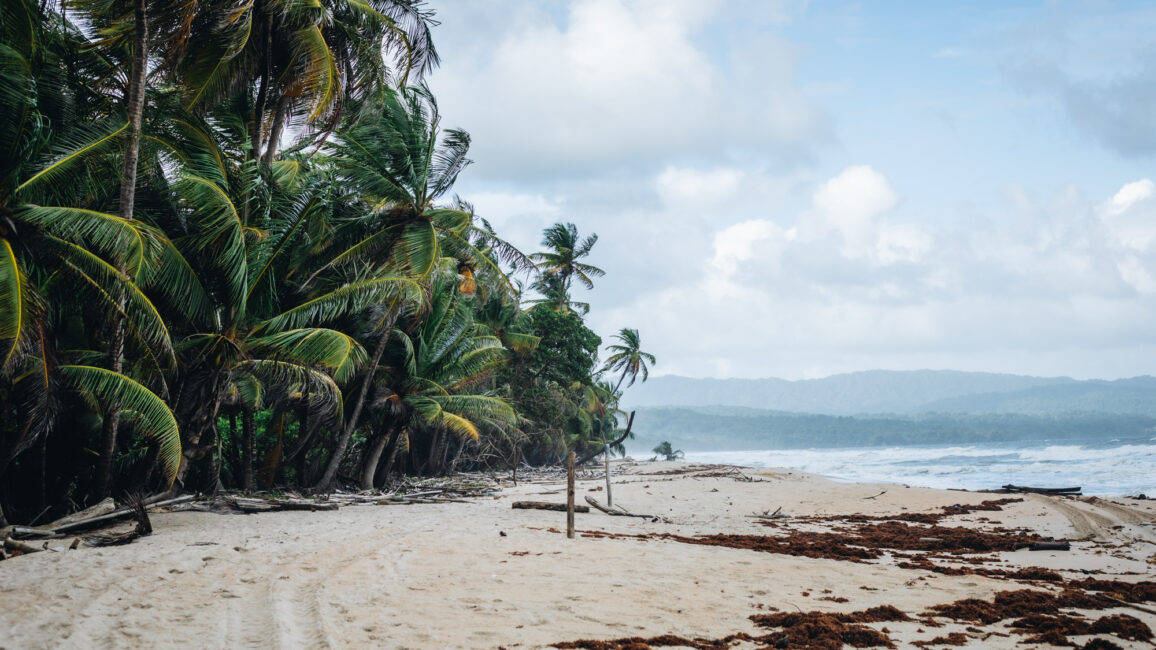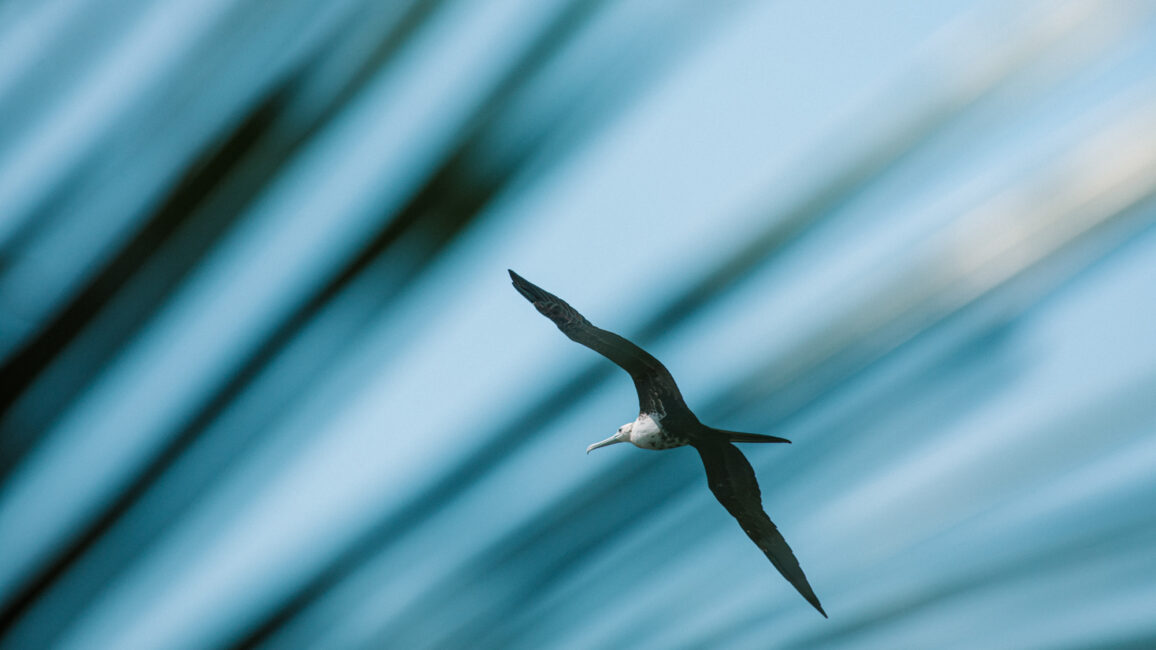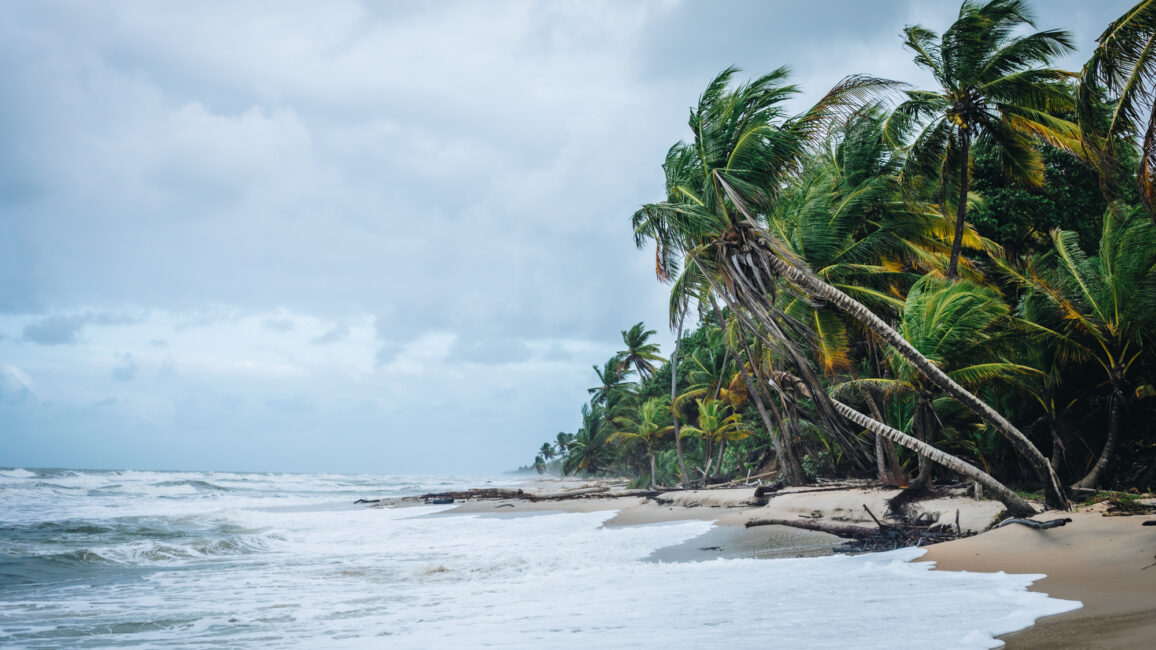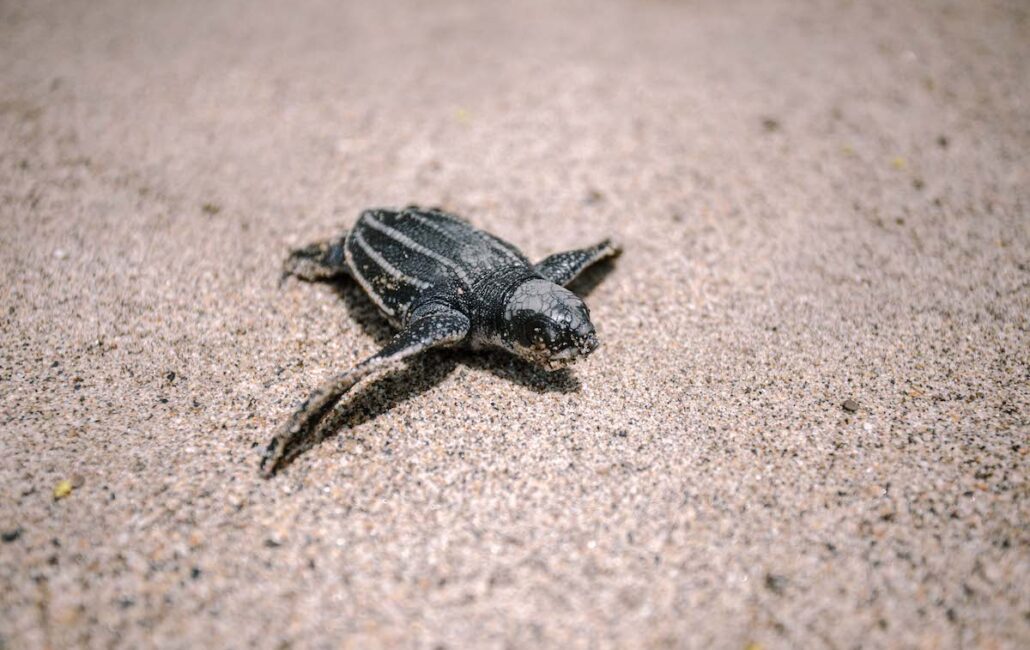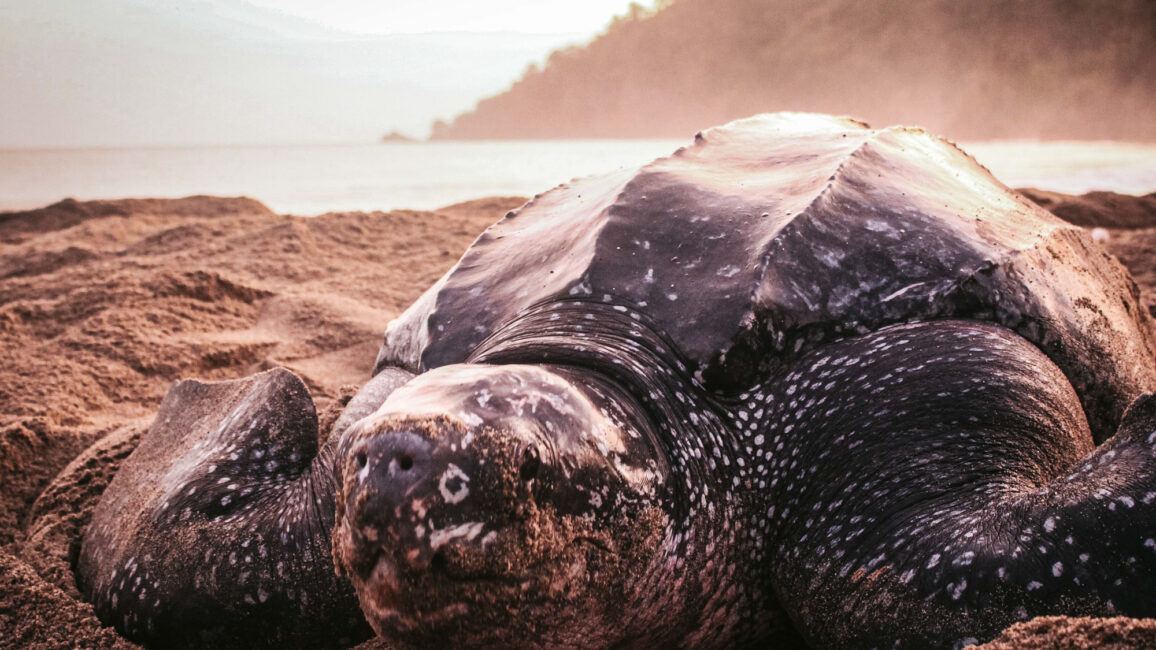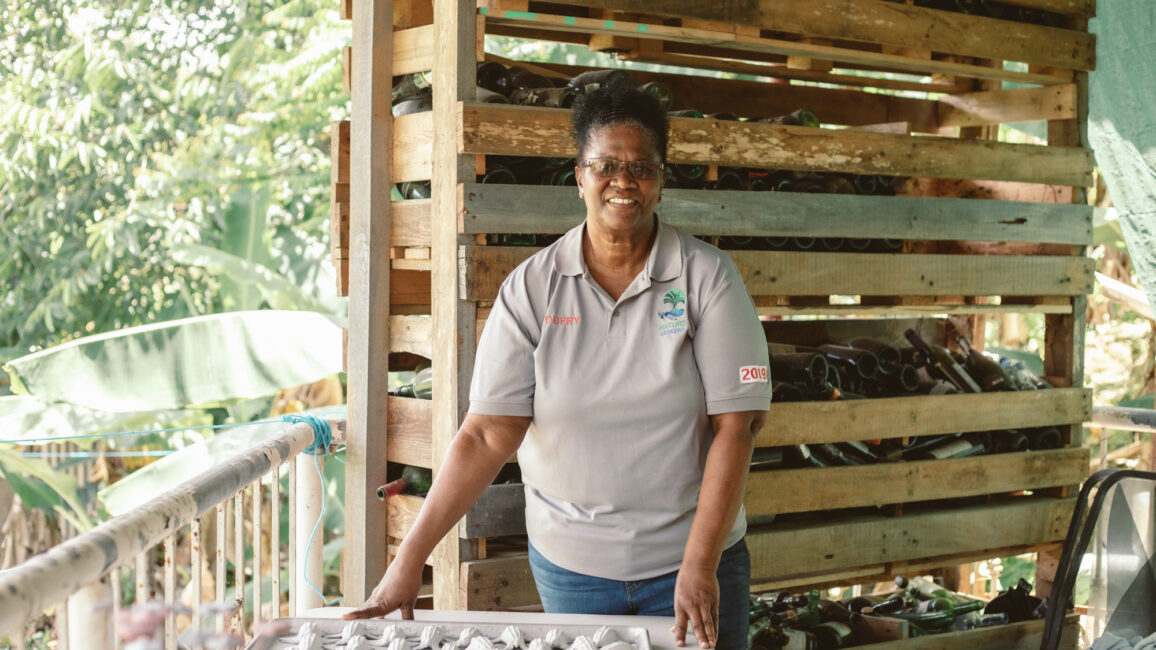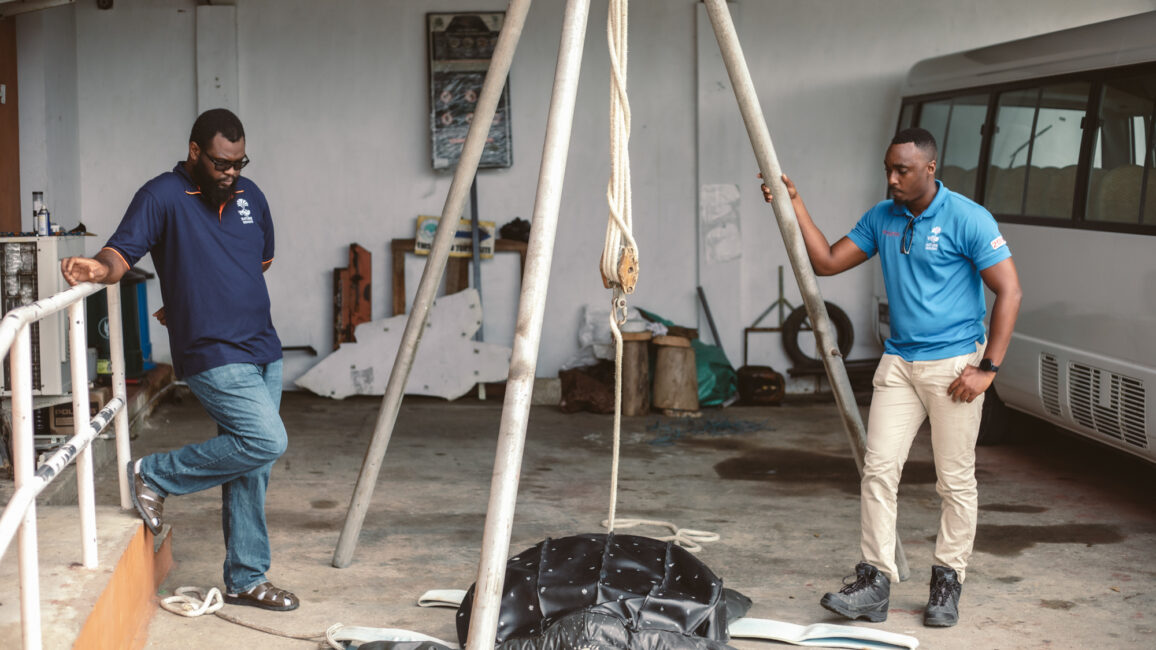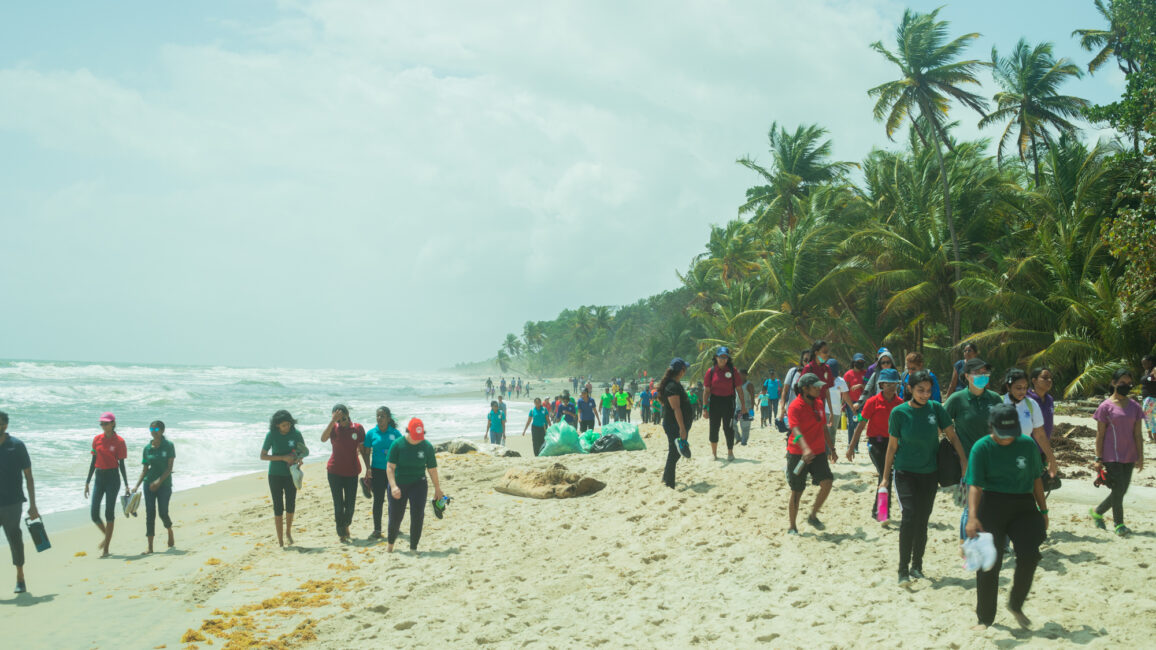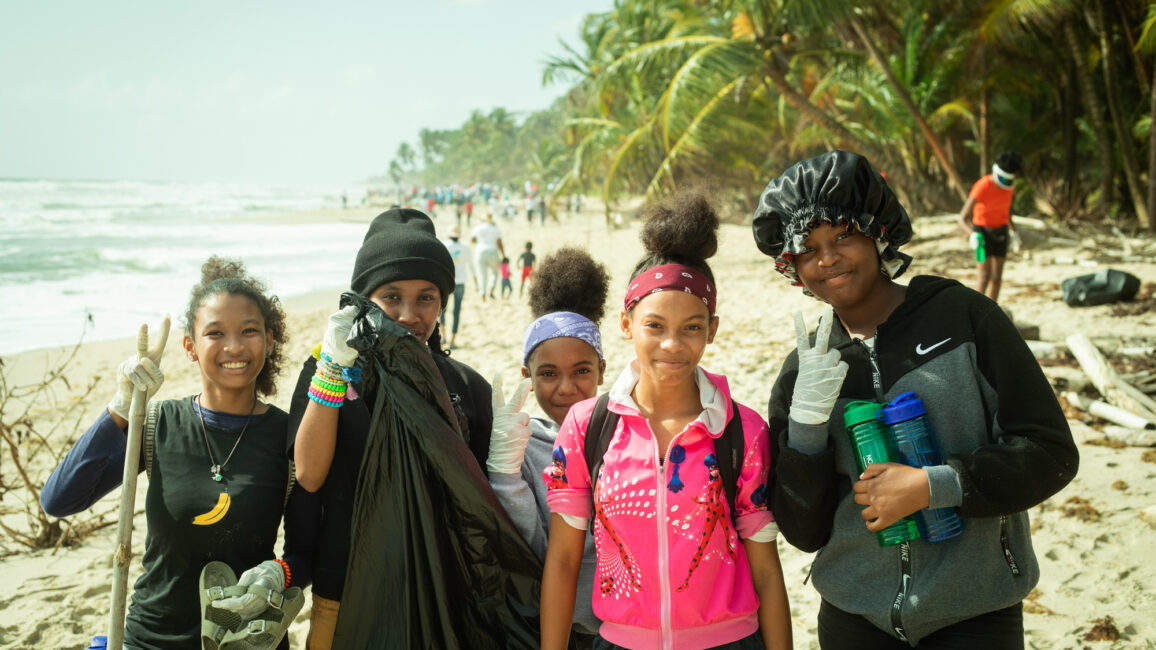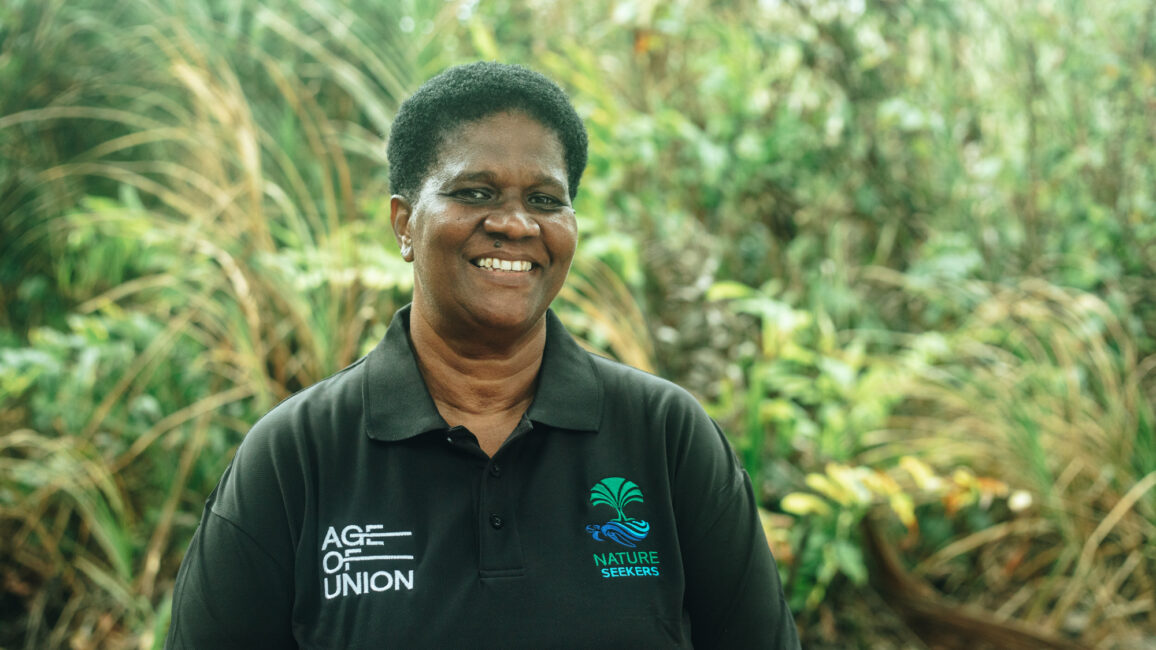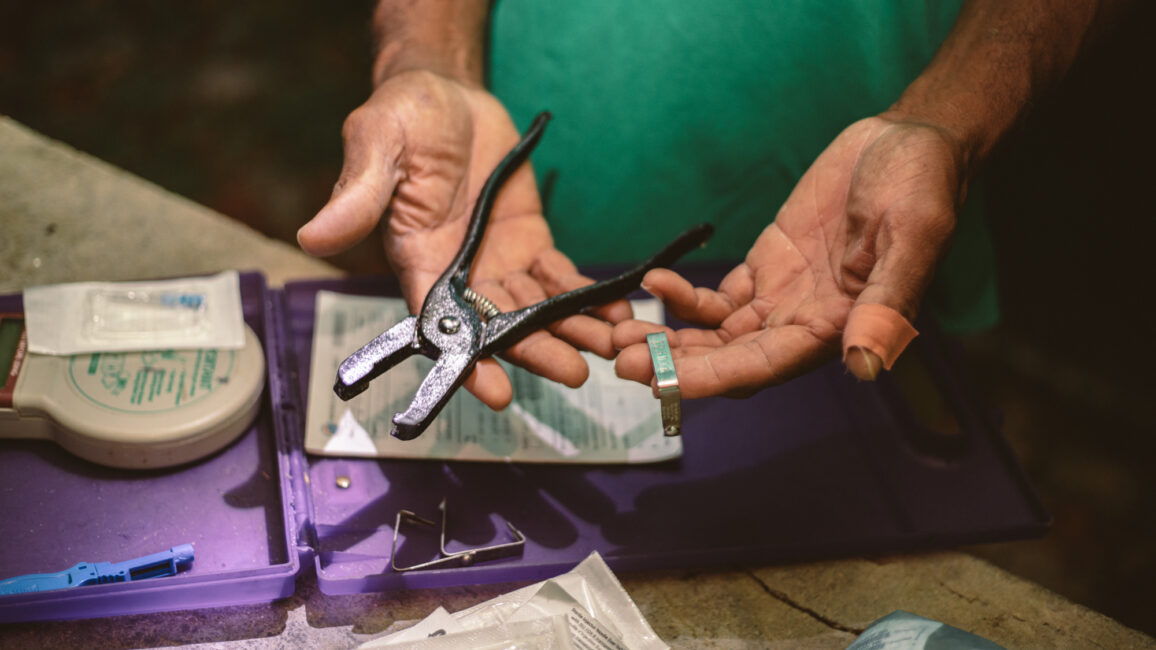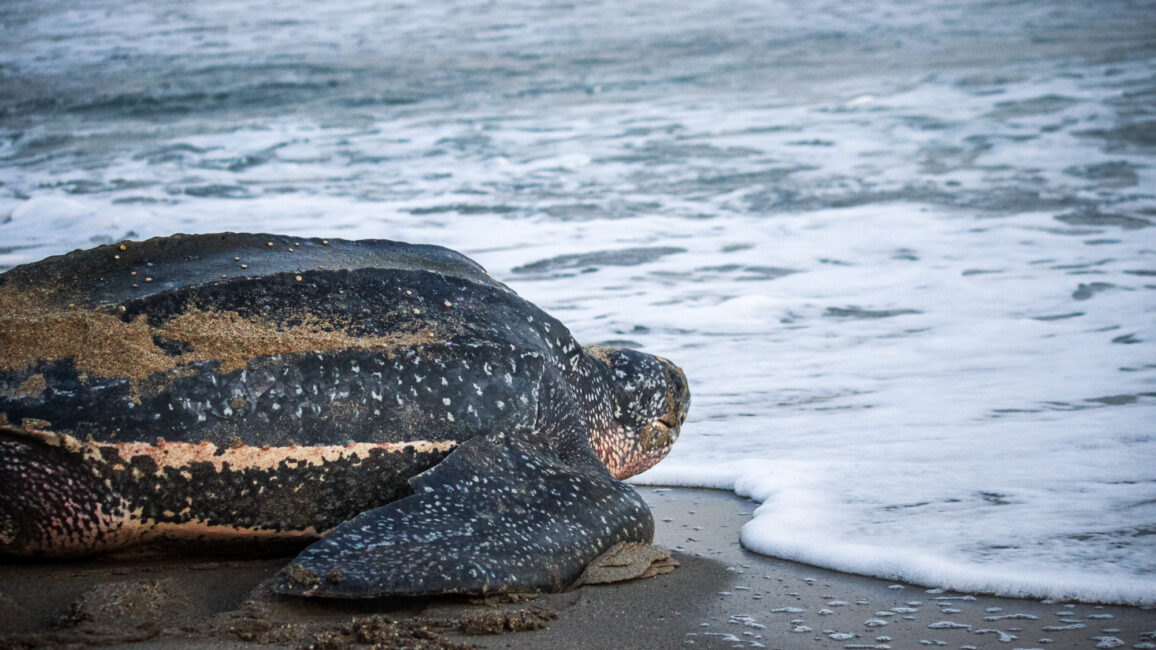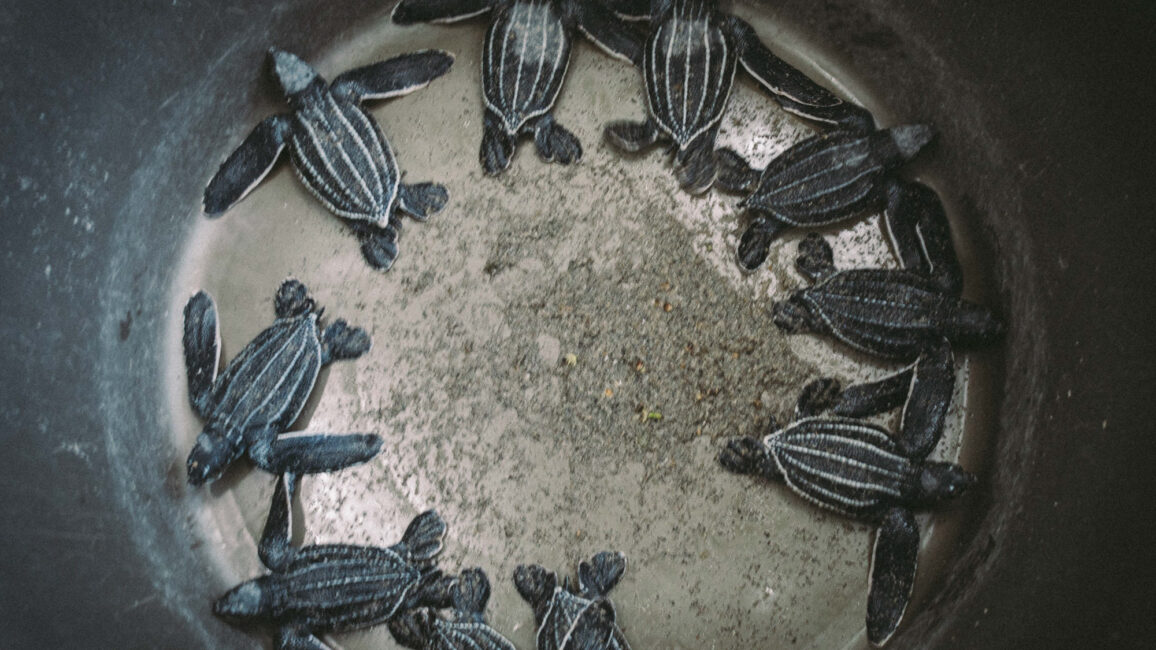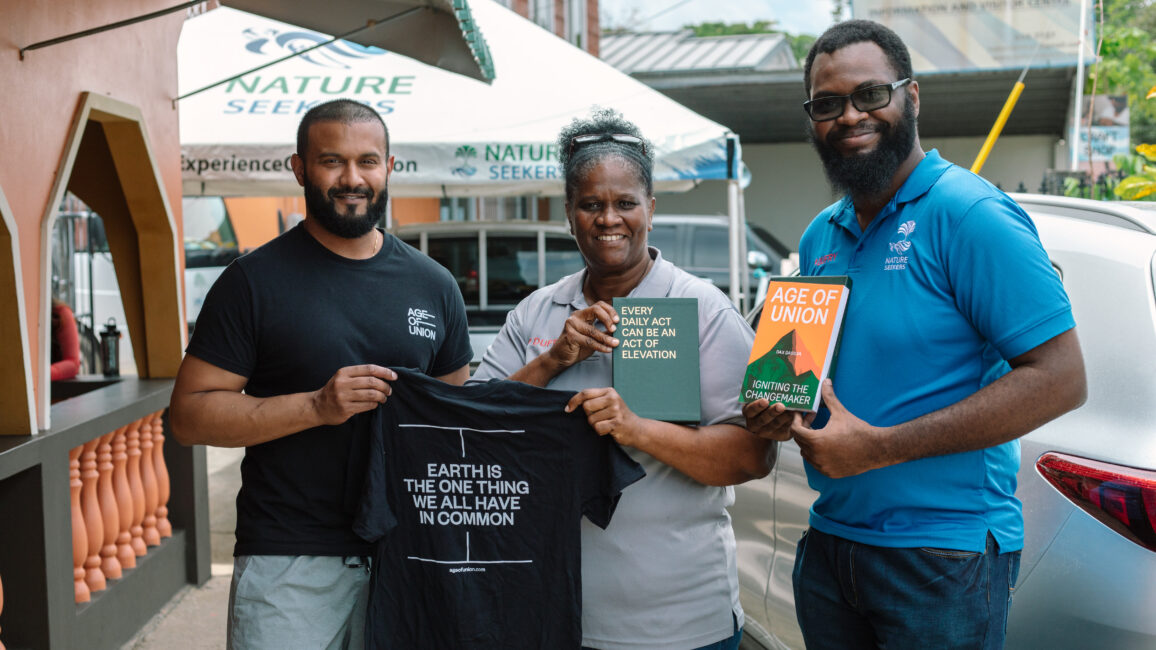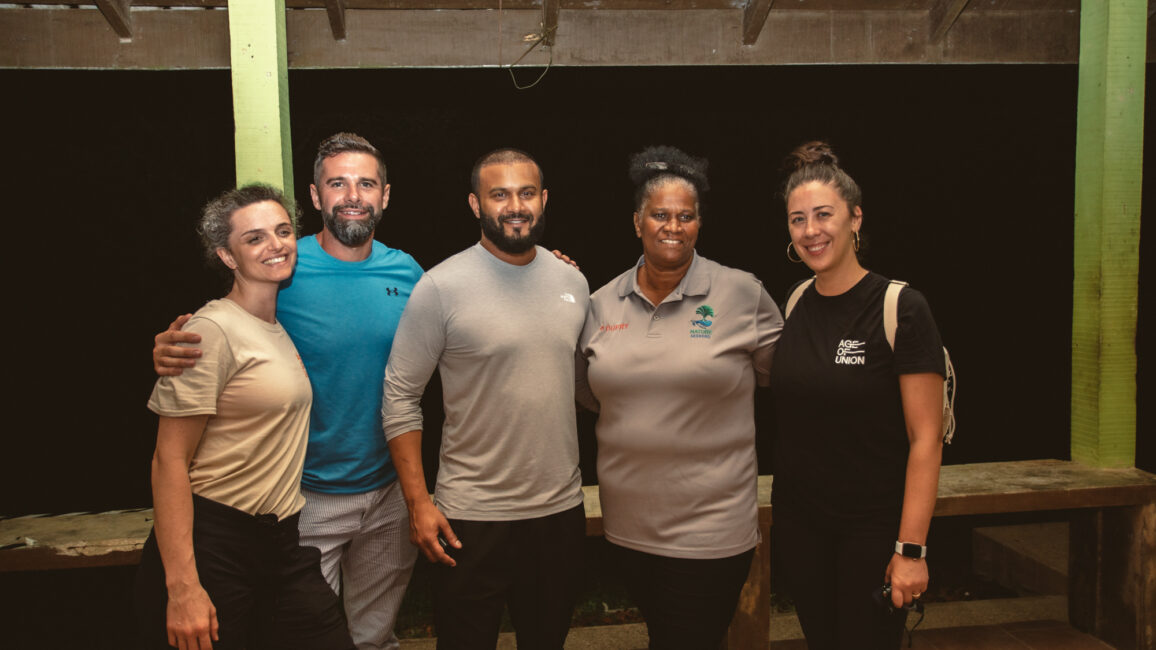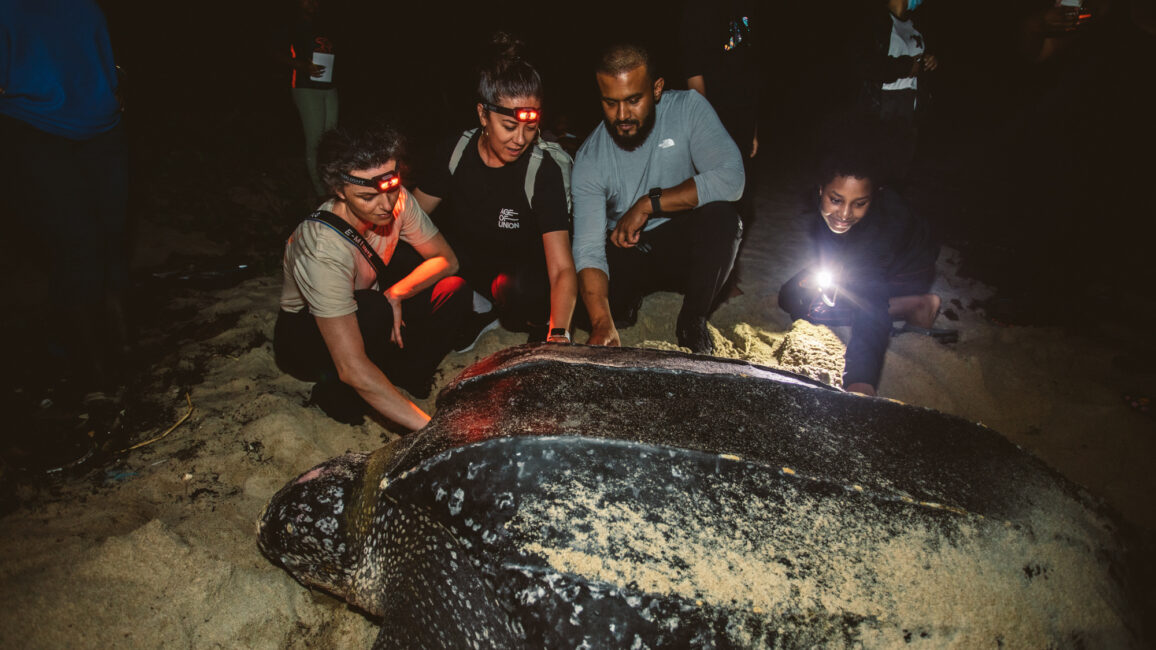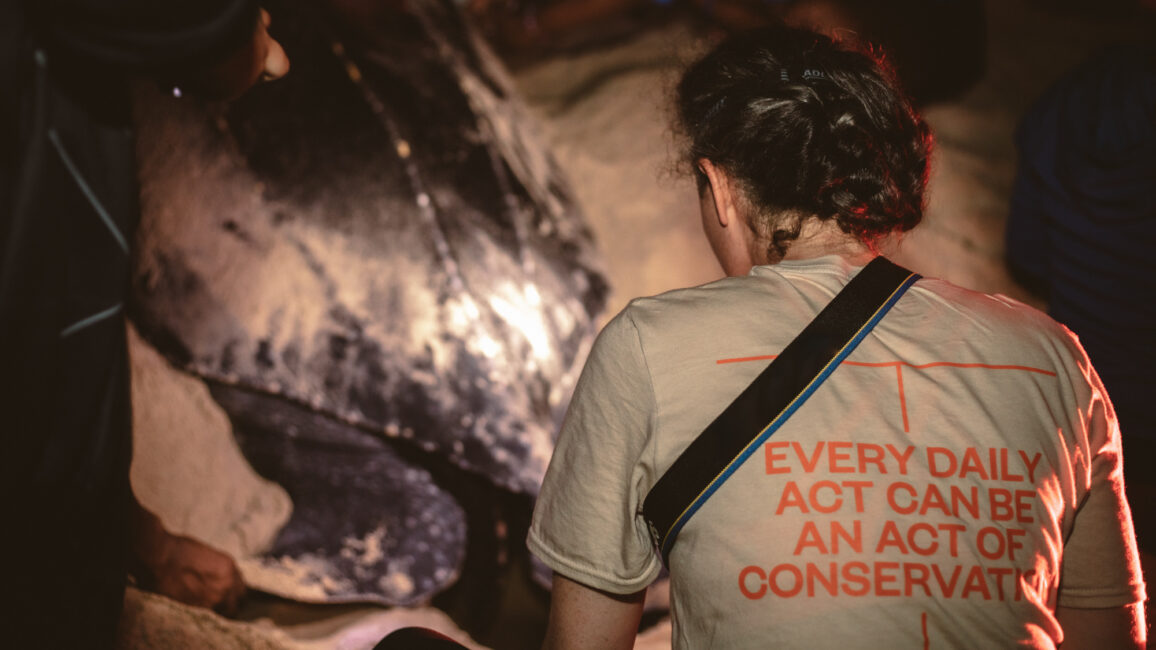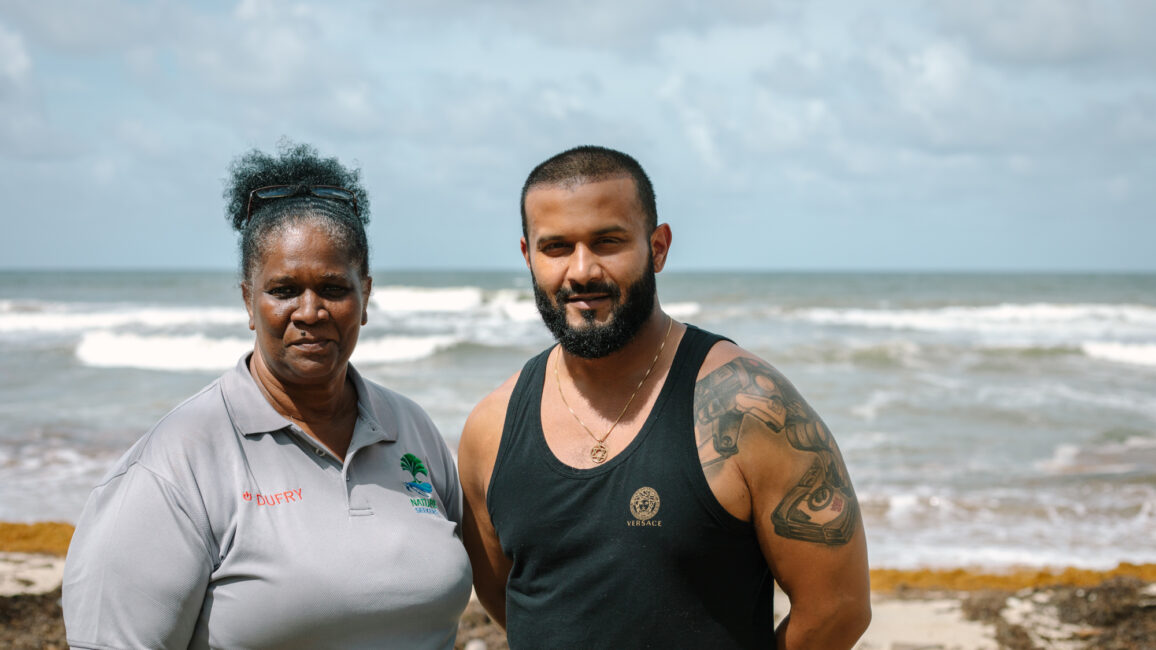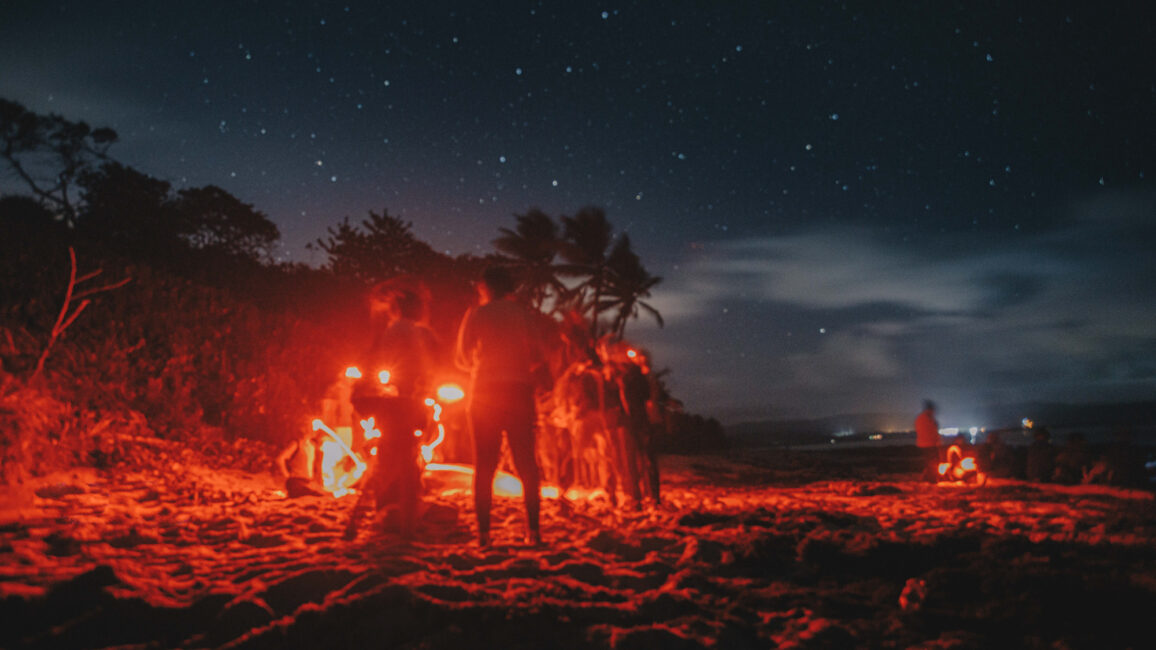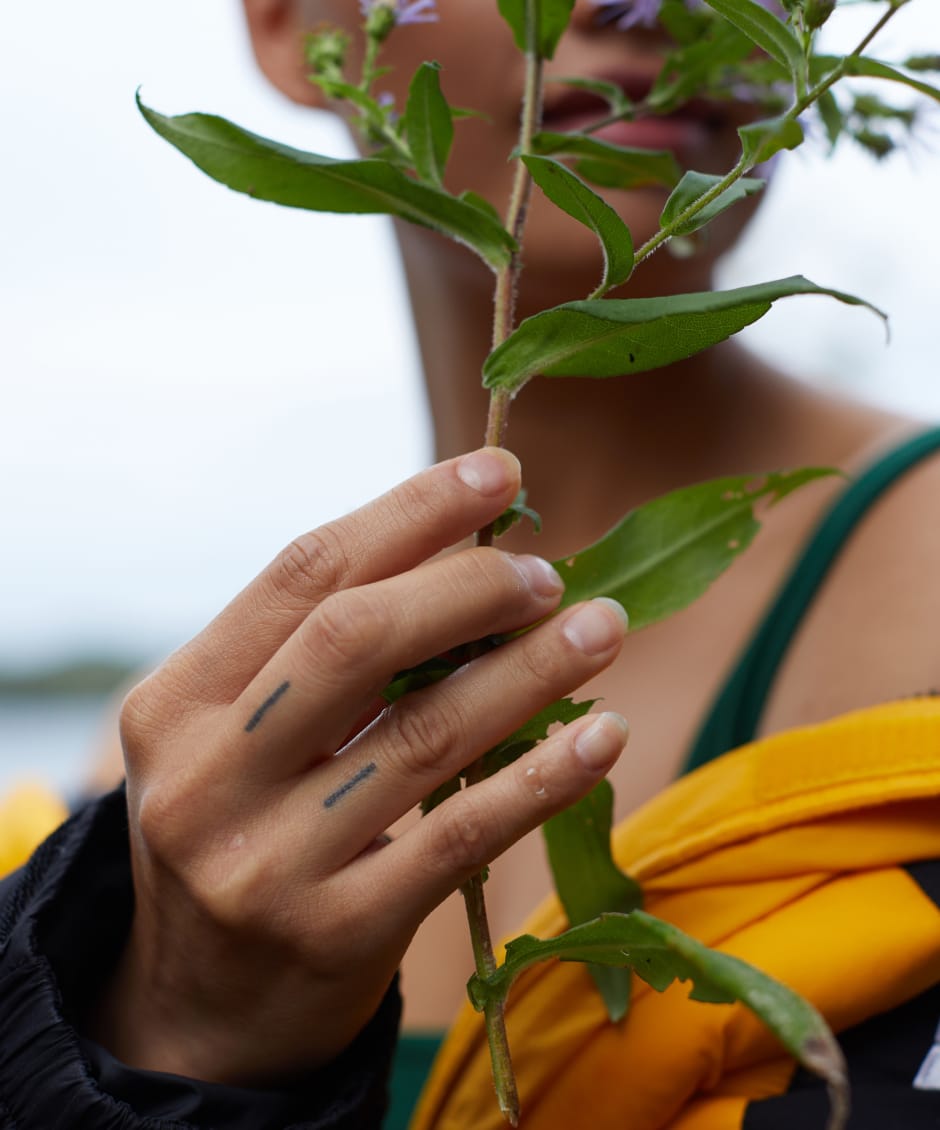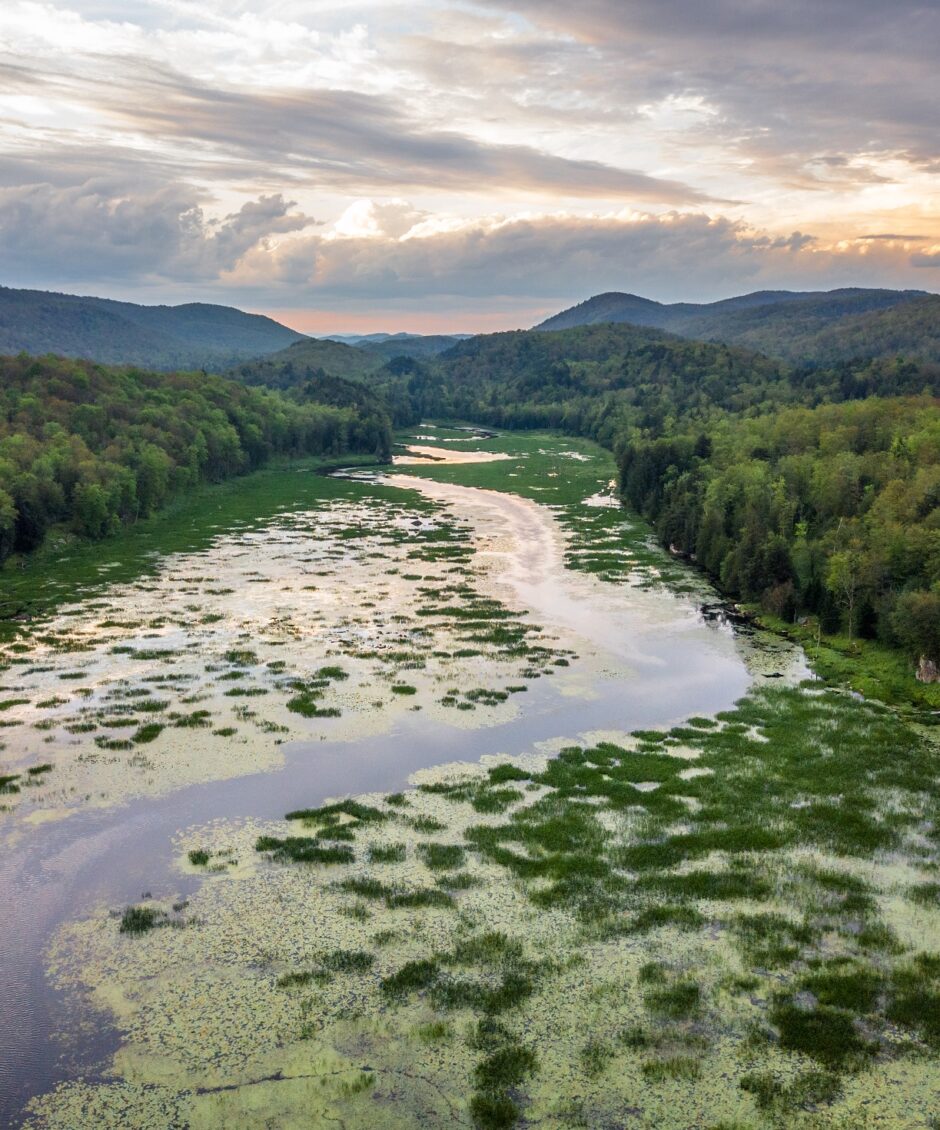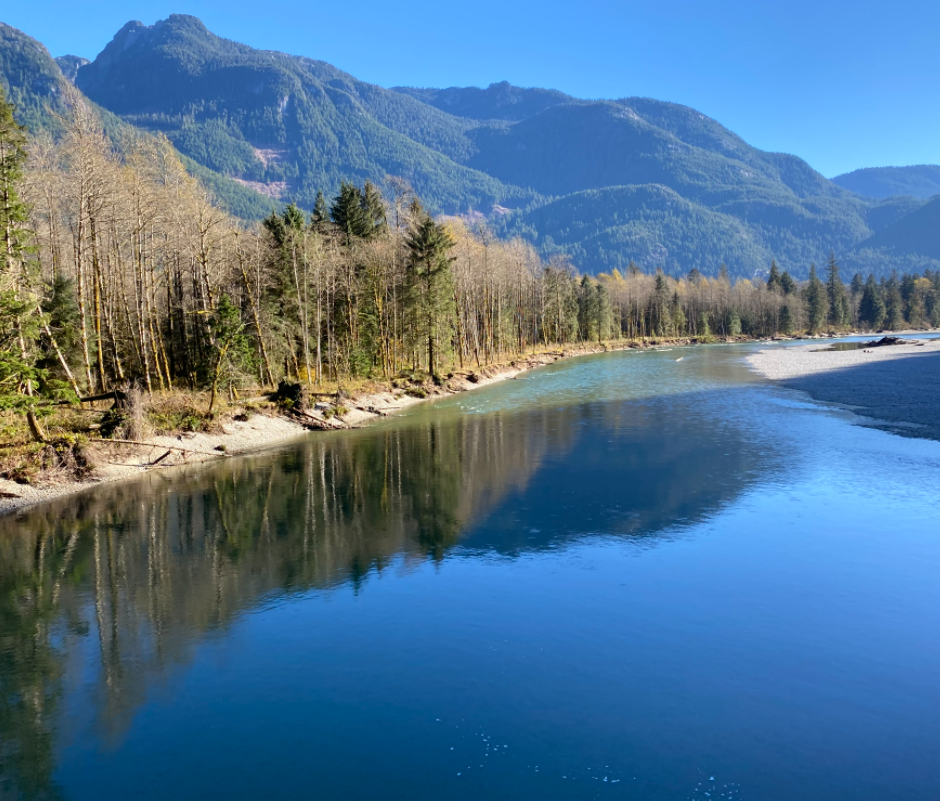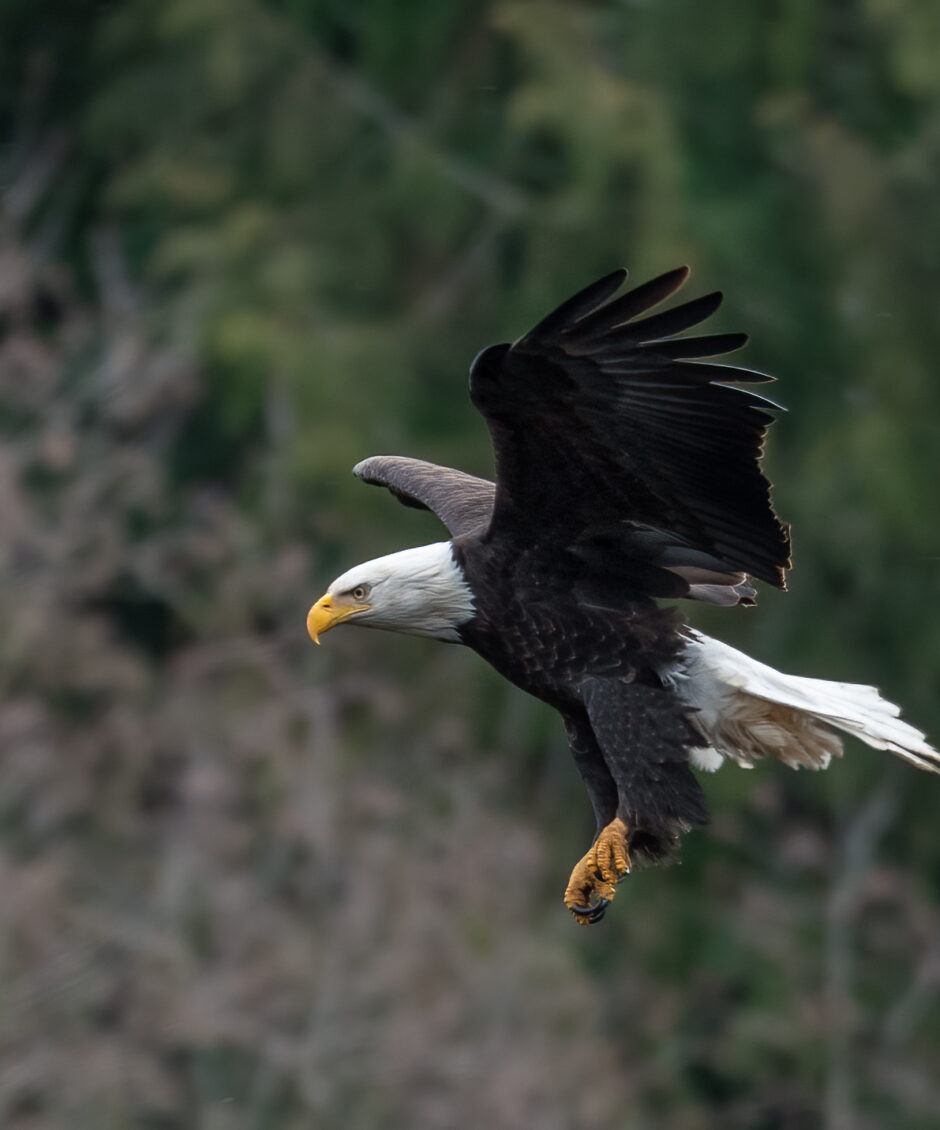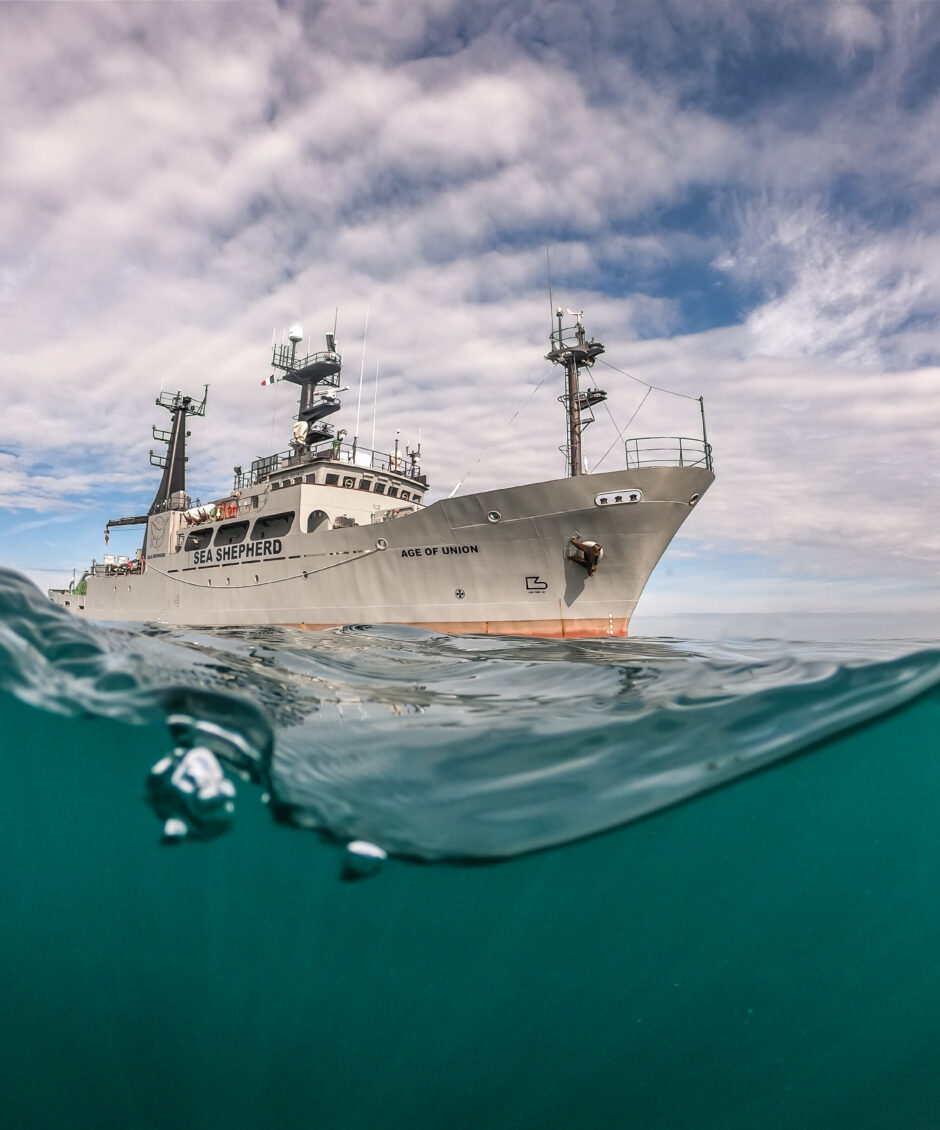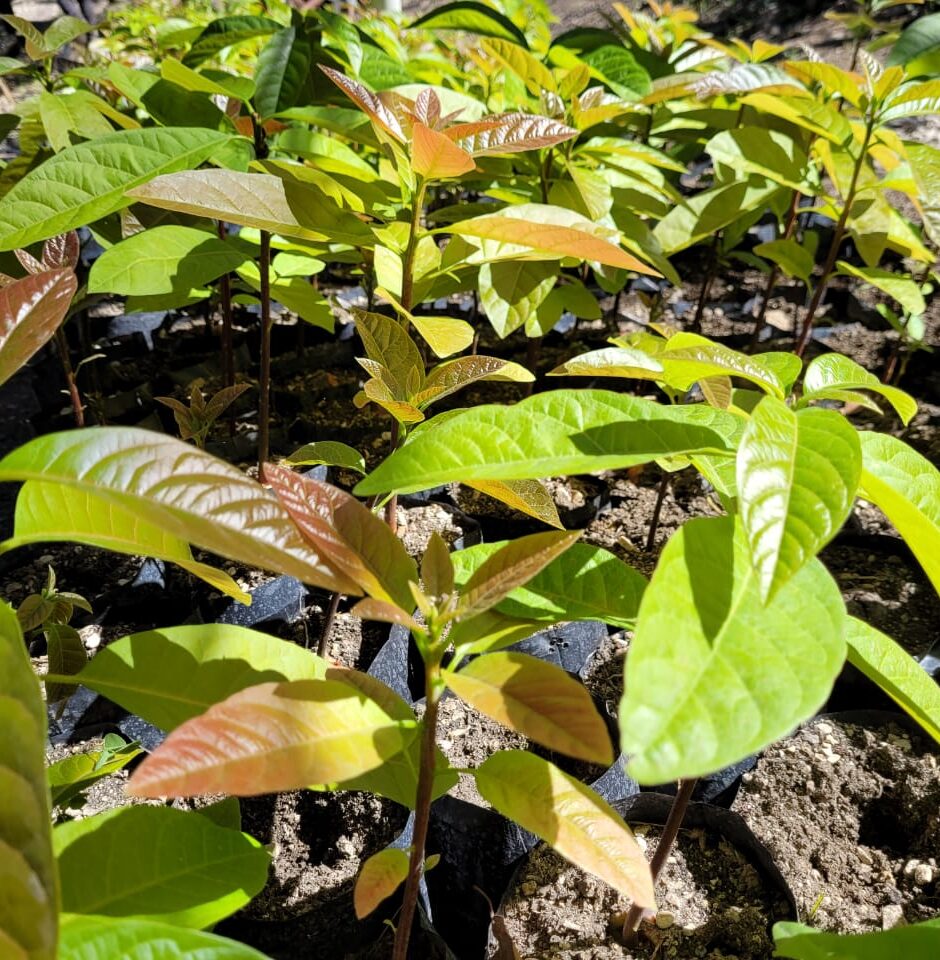Nature Seekers
(Trinidad)
Region Caribbean
Species Protection

The tropical Caribbean regional ecosystem is home to vibrant communities of flora and fauna. Trinidad, in particular, is renowned for its rich diversity of bird species and its significant sea turtle populations. However, the fragile balance of this ecosystem is under threat from climate change and pollution, posing significant risks to many endangered species.
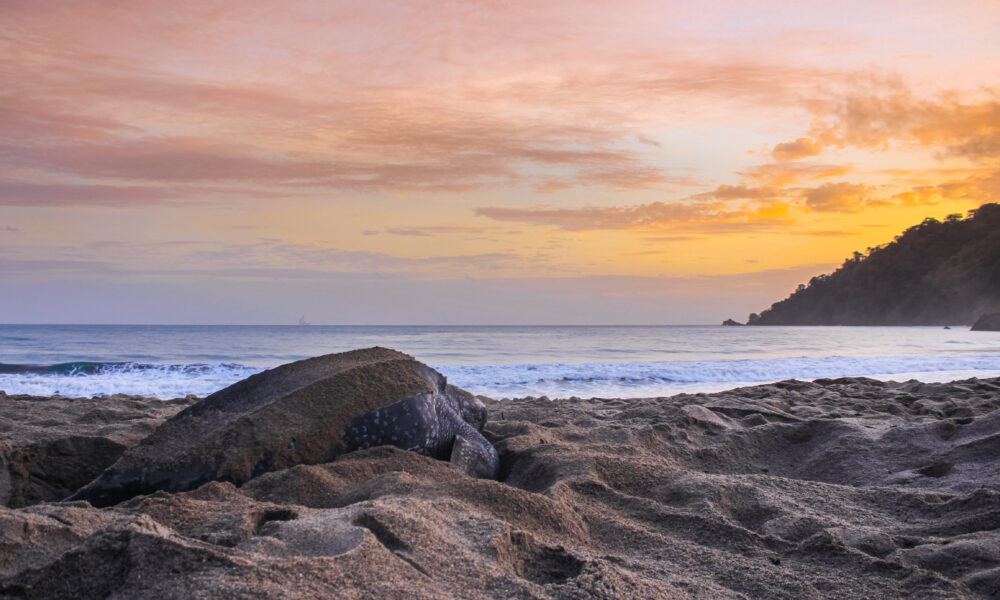
Matura Beach
Nature Seekers engages in sea turtle monitoring annually along the 8.8-kilometre-long Matura beach. This work aims to prepare, protect, and collect data before, during, and after the turtle nesting season. From March to August, the beach plays host to over 200 turtles per night, with an average of 2,000-3,000 turtles nesting in a season, representing half of the nesting activity in Trinidad and Tobago. Matura Beach is one of the last remaining strongholds for the species in the world and is therefore critical for the survival of the leatherback turtle.
Founded in 1990, Nature Seekers’ vision is that of an environmentally friendly community empowered with the skills and training enabling anyone to work with each other, generating sustainable livelihood while protecting the natural resources of the country.
Leatherback turtles are threatened by pollution and the side effects of climate change, such as sargassum, which prevents them from reaching the beach to lay their eggs or for newborn baby turtles to reach the ocean.
Sea level rise also plays a critical role in the endangerment of sea turtles. Not only does the sea wash away and expose turtle nests on the shore, but it also prevents sea turtles from finding their way back to the beach where they were born and are supposed to return to lay their eggs. Sea turtles’ memories are imprinted with a sensory map of the sand texture, smell, and temperature, enabling them to swim back to the same site to nest years after they were born.
Mission
The project aims to contribute to the protection and recovery of the leatherback turtle nesting population on Matura Beach through various strategies such as:
- Patrol and protect the nesting site throughout the annual season to maintain or increase the survival rates of both adult and hatchling leatherback turtles.
- Collect data during nesting season to better understand the physical health of the nesting population.
- Tackle climate change-related challenges putting the turtles at risk and create climate adaptation and/or mitigation plans for the site while assessing the impacts of climate change on population decline.
- Develop recovery strategies to increase hatchling production.
- Support community engagement and sustainable livelihood activities that align with conservation goals, such as beach clean-up to improve beach access to support successful nesting.
- Design and deploy artificial hatcheries to promote the survival of at-risk nests and allow for the collection of new data sets.
Timeline
In the summer of 2022, Age of Union began their partnership with Nature Seekers, committing to providing US $1.5 million over five years.
- May 2022: The Age of Union team visited Nature Seekers during the nesting season.
- June 2022: Nature Seekers and Age of Union commenced their 5-year commitment and partnership.
- July 2023: The Age of Union team returned to Trinidad to film the project, intending to release a short film showcasing Nature Seekers’ activities and its team.
An Iconic Species
Leatherback turtles (Dermochelys Coriacea) are named after their shell, which is leather-like and directly connected to their skin, unlike other turtles. As the largest sea turtle species, they can weigh up to 1,500 pounds (900 kilograms) and be as long as 63 inches (2 metres).
They have been swimming around the world’s oceans for more than 90 million years, which means they were already on Planet Earth at the time of the dinosaurs.
Leatherbacks are one of the most migratory sea turtles, travelling an average of 10,000 miles each year to foraging grounds in search of jellyfish, which they can eat up to their own body weight every day.
The International Union for Conservation of Nature (IUCN) lists the status of the leatherback turtle as Vulnerable or Critically Endangered.
Project Visits
We place a high value on firsthand knowledge and maintaining direct contact with our partners. This is why we prioritize taking the time to personally engage with our projects and witness their initiatives.
We were fortunate to have the opportunity to meet the Nature Seekers team twice: first at the start of our partnership in 2022 and then a year later in 2023 to witness their progress and be present during the nesting season. Participating in patrols, following the rangers, and hearing Suzan speak about her story was an incredible experience. It made us appreciate the quality of this partnership even more, seeing the incredible dedication and the difference it makes not only for the turtles but also for the community.
More projects
North America
Kenauk
(Canada)
North America
Pitt River Watershed
(Canada)
North America
French Creek Estuary
(Canada)
Ocean
Sea Shepherd
(Global)
Caribbean
